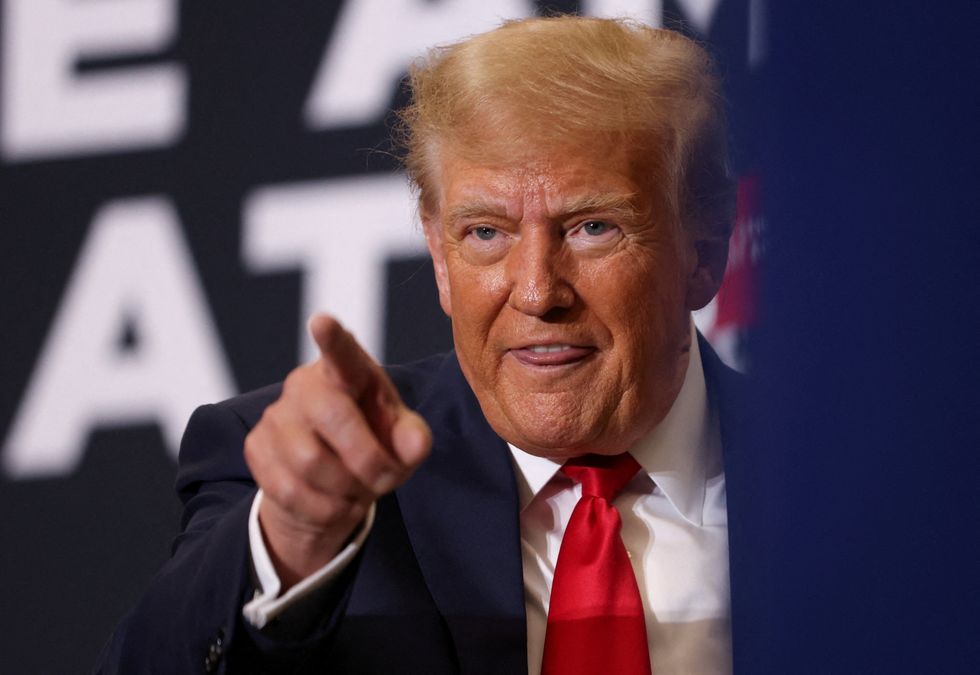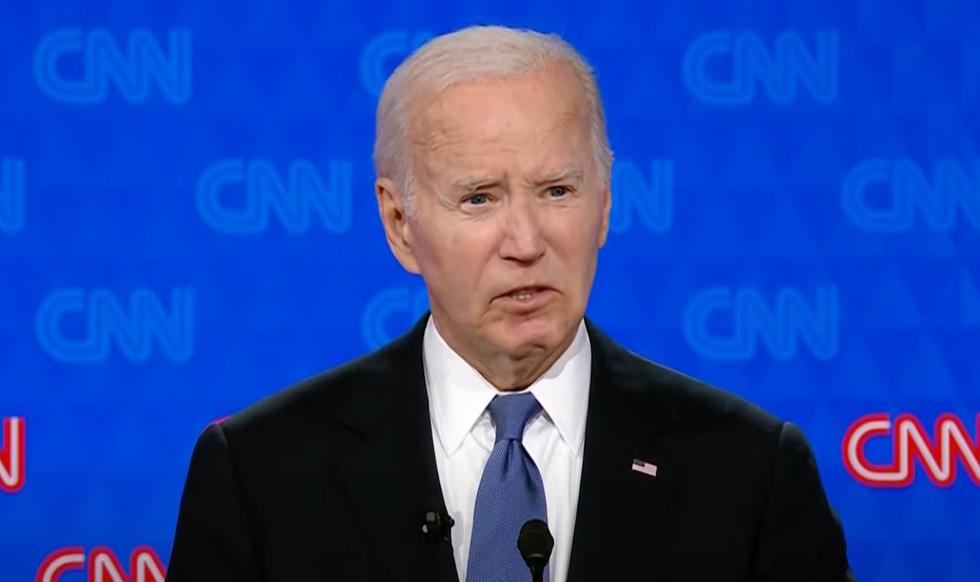



Donald Trump has been confirmed as partially immune from prosecution for his actions as President, the US Supreme Court has ruled.
In a landmark ruling today, the 45th President - seeking reelection this November - was granted immunity for "official acts", or actions "within his conclusive and preclusive constitutional authority".
But crucially, Trump is not immune from prosecution for "unofficial acts" - essentially, anything the ex-Commander-in-Chief has done privately "out of office", so to speak.
Chief Justice John Roberts, announcing the ruling which had been voted through by a margin of six to three justices, said "the nature of Presidential power entitles a former President to absolute immunity from criminal prosecution" for official acts taken as President.

Donald Trump is seeking reelection this November
Reuters
While the ruling itself says: "Under our constitutional structure of separated powers, the nature of Presidential power entitles a former President to absolute immunity from criminal prosecution for actions within his conclusive and preclusive constitutional authority.
"And he is entitled to at least presumptive immunity from prosecution for all his official acts.
"There is no immunity for unofficial acts."
Chief Justice Roberts also raised concerns over the unprecedented nature of the ruling, noting that the US has "never before needed an answer".

Joe Biden will face off against Donald Trump later this year
CNNHe said: "This case poses a question of lasting significance: When may a former President be prosecuted for official acts taken during his Presidency?
Our Nation has never before needed an answer. But in addressing that question today, unlike the political branches and the public at large, we cannot afford to fixate exclusively, or even primarily, on present exigencies."
Trump will challenge Joe Biden at the polls on November 5 as he seeks to become just the second President since Grover Cleveland to serve two non-consecutive terms.
And the court's slow handling of the blockbuster case already had helped him by making it unlikely that any trial on the charges, brought by Special Counsel Jack Smith, could be completed before the election.
Trump had argued that he is immune from prosecution because he was serving as President when he took the actions that led to the charges - but Smith had opposed presidential immunity from prosecution based on the principle that no one is above the law.
